Hill and marginal farmers are demanding their fair share of farm payments in the next CAP reform.
The last reform saw minimal redistribution of money within Ireland as farmers with larger and higher payments were protected, INHFA chair Vincent Roddy claimed at the organisation’s national rally in Westport on Friday.
This was done “under the guise of the need to protect productive farmers”, yet INHFA analysis of the figures showed that this was a myth, he said.
INHFA president Colm O’Donnell said farmers in the west and on marginal land were “sold out’’ in the last CAP review.
“We didn’t have a voice in the last CAP review, but we have a voice now and we will stand up for the small farmer and for hill farmers,’’ he told farmers.
Mayo farmers would have gained an extra €30m per year in BPS payments if a flat-rate redistribution model had been used, he maintained.
“In the current proposals it outlines that farmers might only increase from 60% of the national average payment to 75% by 2026, which is totally unacceptable,” said O’Donnell, calling for full convergence by the end of the new CAP programming period.
Independent TD Michael Fitzmaurice said that while an extra €23m had been delivered on disadvantaged areas (ANC) payments, “we are probably €15-18m down on where we were in 2008 and that is for us to fight for”.
“If this CAP isn’t delivered properly, I can’t see young fellows staying on the land if they are only getting a few thousand.”
Fianna Fáil’s Charlie McConalogue highlighted the Mercosur trade deal as a huge threat, with 100,000t of beef from South American countries undercutting beef prices.
MEP Marian Harkin told the meeting: “In the last review, we were blinded by talk about the productive farmer. From the figures we see that for payments from €100 to €200/ha we have a stocking rate of 1.19LU/ha, and for payments of over €1,000/ha we have a stocking rate of 1.18LU/ha – that puts an end once and for all to what we had to listen to the last time about productive farmers.”
MEP Luke Ming Flanagan said that he has sought total convergence by 2027.
“I think there is quite a bit of support for it,” Flanagan said, adding that Ireland should insist on maximum flexibility to keep land eligible.



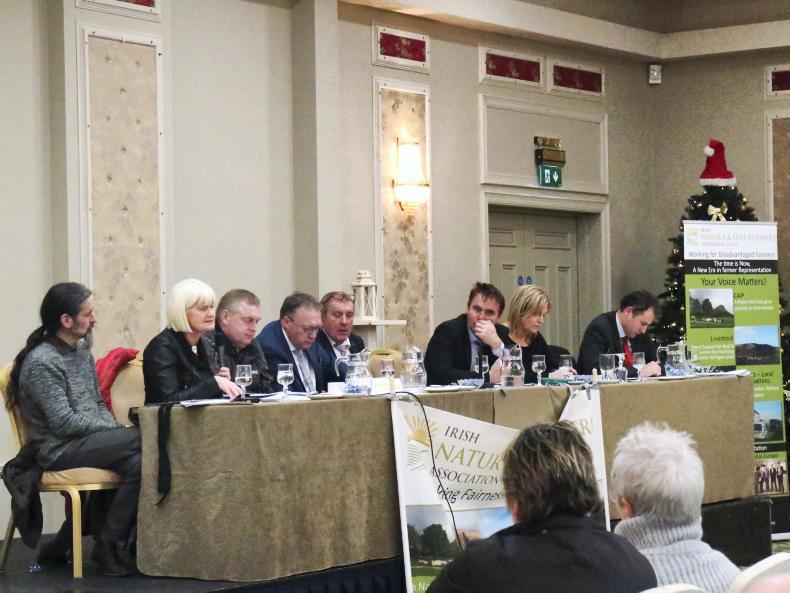

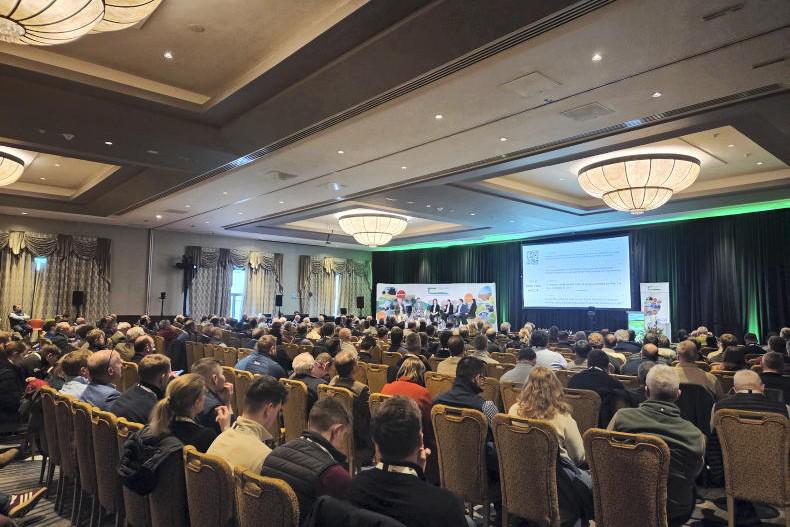

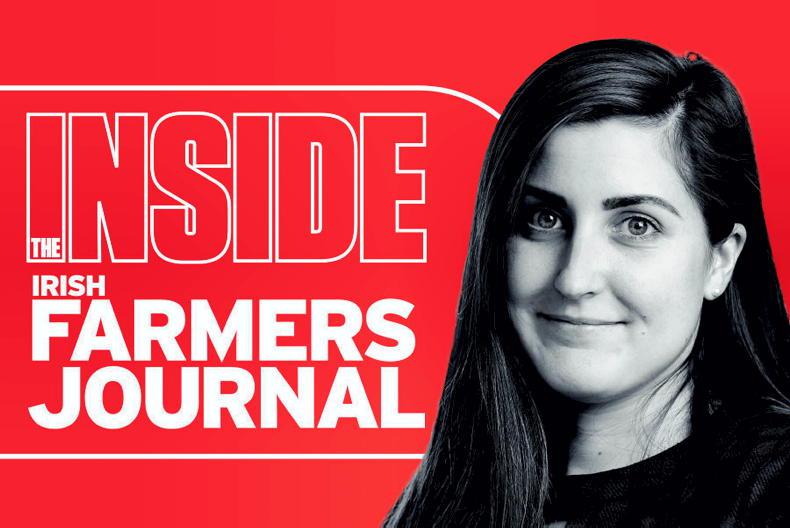
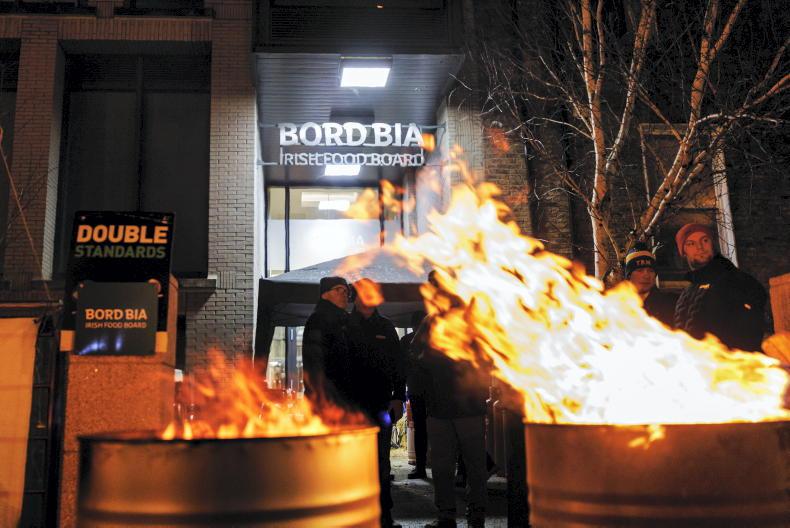
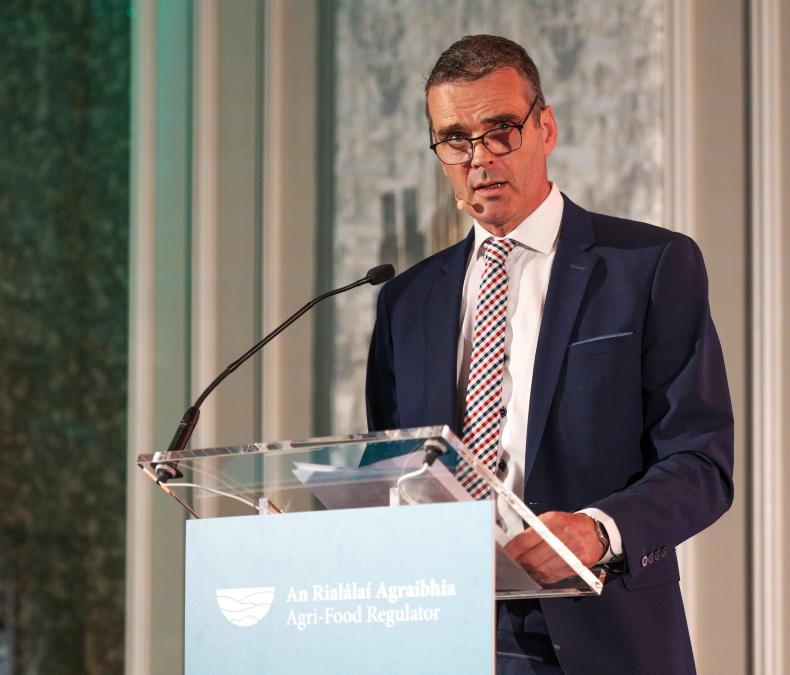
SHARING OPTIONS